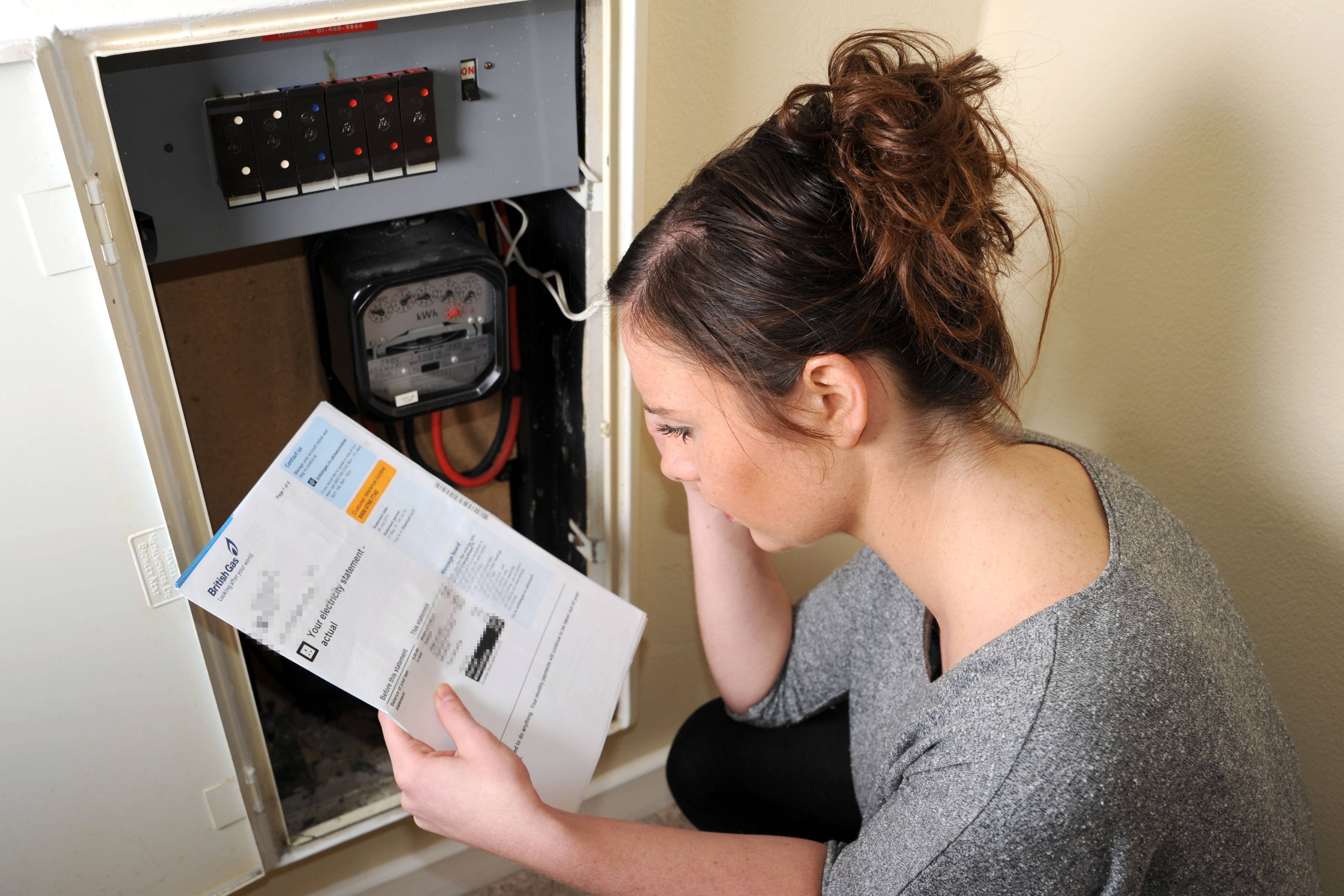Worried about your energy bills? Where to turn for help
If you’re feeling overwhelmed by the cost of heating and electric, there is support available. By Ella Walker.

You might be resisting switching the heating on, no matter how cold it is, or feeling anxious every time you have to use the oven. Worst of all, on top of the stress of actually finding the money to pay bills, you might feel embarrassed or ashamed for struggling – but you shouldn’t. And you shouldn’t not seek help you might be entitled to either.
In 2023, 13% of households in England were classed as fuel poor, with 20% in Scotland, 14% in Wales, and 24% in Northern Ireland – and those numbers are set to increase this winter, largely thanks to the cost of living. Energy bills rose on October 1, and on the new price cap, bills, on average, will be up by £149 a year per household.
“We’re entering the coldest part of the year, a time when those in fuel poverty will be in the most desperate situations. If households are eligible for support, then it is crucial that they access it,” says National Energy Action director of policy, Peter Smith.
He adds: “People shouldn’t feel any stigma in accessing the support they are entitled to. Keeping homes warm in winter can be vital in reducing pressures on our stretched health services.”
Not sure where to start? We’ve got you covered…
Check if you’re entitled to Pension Credit
“With the changes to the Winter Fuel Payment, it’s absolutely essential that pension-age households check if they are eligible for Pension Credit, because getting this allows access to the Winter Fuel Payment and other government initiatives that can directly help with energy bills and the cost of other essentials,” says Smith. Check your eligibility at the government’s Pension Credit webpage.
Investigate the Household Support Fund
“Councils have discretionary funds to help those in desperate need,” says Smith. “Anyone struggling should get in touch with their council.” You’ll need to contact your council directly – find yours at gov.uk’s Find Your Local Council webpage. You can confirm whether you’re entitled to any other benefits at the same time. Visit Turn2us to see what you could claim for.
Speak to your energy provider
Yes, they are the ones charging you, but they can also offer support. Octopus Energy for instance has a Balance Forecast to help you plan your payments better, and has a £30m Octopus Assist fund set aside for families in need, which you can apply for. They also offer free electric blankets to eligible customers. EDF Energy has a customer line 0333 006 9950 for those struggling and aims to work with you to organise a payment plan. The sooner you contact your provider, the better – don’t just cancel your direct debit or you may be charged.
Switch your energy provider
You don’t have to stick with your energy provider – loyalty isn’t always rewarded. There are lots of sites that will help you scour the best deals and switch you over to a cheaper one without any fuss, try: Uswitch, MoneySuperMarket, or Energylinx.
Visit Citizens Advice
Your local Citizens Advice bureau will know what other grants and support are available in your area, and they’ll also just listen to what’s going on, which can be a help in itself.
Do what you can to reduce costs
Check out the Energy Savings Trust website for their advice on cutting usage, your bills and your carbon footprint. From the basics, like remembering to switch lights off, and not leaving the TV on standby, to taking four-minute showers (it can save you £60 a year) and avoiding using the tumble dryer (£50 saved!).
The Trust can also help you fully understand your bills and offers financial advice on whether you might be eligible for help for home energy upgrades, like loft or roof insulation.
Bookmark popover
Removed from bookmarks